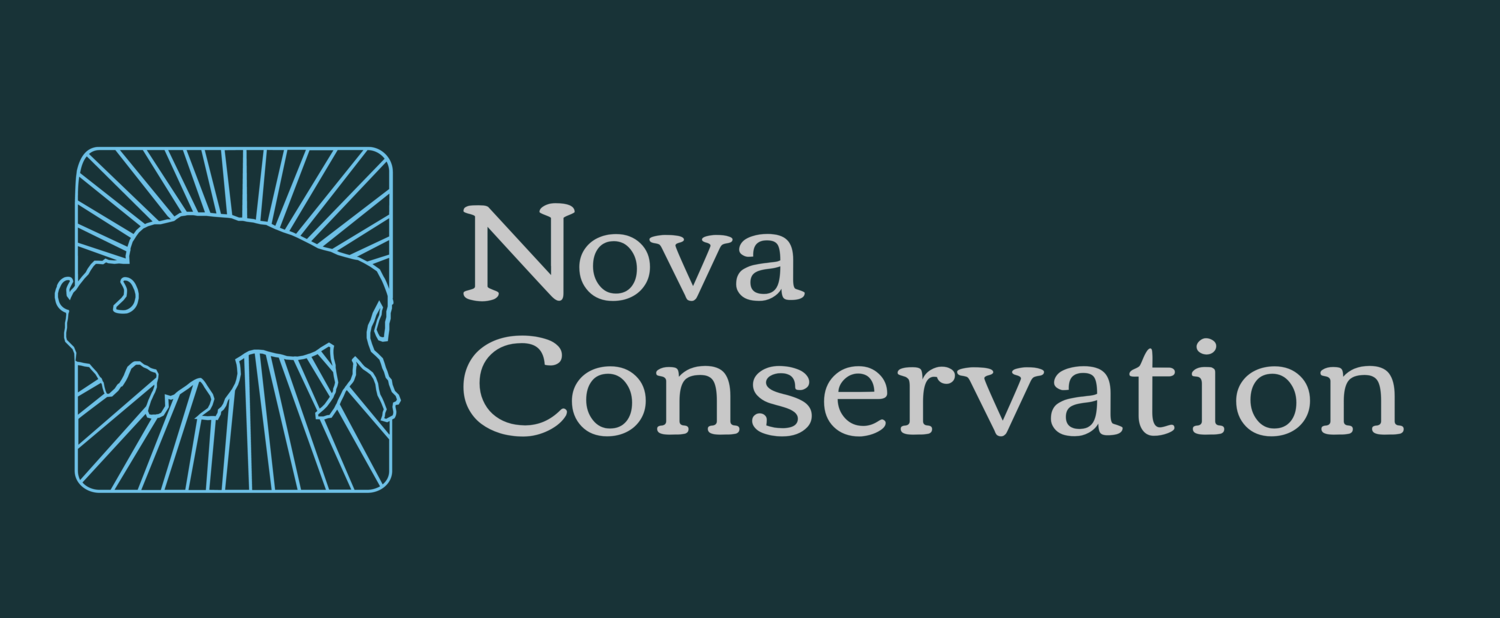Our Ethical Code of Conduct
Nova Conservation’s Ethical Code of Conduct was developed with the safety of our planet and generations of future conservationists in mind. This Code of Conduct outlines the rules and safety guidelines for every experience we offer.
We value the safety of wildlife and the conservation of natural environments
Nova Conservation is committed to providing ethical eco-adventures and research opportunities that only leave a positive lasting impact on our planet. All opportunities promote safe and humane practices towards animals, natural environments and local cultures. All partners and candidates must abide by our global best practices guidelines for wildlife interactions to mitigate the risks of any negative impacts on wildlife.
We value the safety of participants
The safety regulations of each experience are of the utmost importance to us. All Nova Conservation trips are led by professionally trained guides, researchers, or organizations. Our partners must use the following protocols to ensure that each opportunity promotes safety to all parties.
We strive to ensure authentic, ethical travel
Every Nova Conservation partner and candidate should be aware of the impact of their decision to participate in travel and the effect it has on the world we live in. We strongly encourage all users to think about the consequences of their actions while traveling and the effect those actions have on our planet — and others. By educating ourselves as a community and following best practices for eco-friendly travel, we are able to provide a standard for future generations of conservationists.
We prioritize supporting local communities
Nova Conservation understands the importance of giving back to local communities, and we strive to educate our participants to do the same. We partner with many local community-based organizations and civil service societies, create and host local community events and opportunities, share citizen science data and donate portions of our proceeds back to local causes.
We prioritize respect and direct involved of indigenous cultures
Where native and indigenous cultures overlap our expedition zones, we actively seek their participation and leadership to ensure respect, value, and appreciation of all peoples. We intentionally ask indigenous & local nonprofits and other community organizers to be involved, ensuring there is no “white savior complex” or “parachute science.” All funds go directly to these diversity efforts.
We acknowledge the diversity gap in conservation careers
We are intimately familiar that careers in conservation strongly lack diversity and inclusion. In fact, our founder explained these systemic problems on the TEDx stage, and included solutions for improvement. Our nonprofit arm aims at alleviating some of the burdens on underpaid and undervalued conservationists.
We leave a positive lasting impact
Our dedication to creating a lasting impression on future generations of conservationists and educators starts with our commitment to our Earth. Many travel companies and trips say they are committed to environmental efforts, but this is often greenwashing to make the company sound better than it actually is. We certify our partners follow guidelines which ensure the well-being of nature and wildlife. Our hope is that the next generation of conservationists can create similar opportunities that leave the world in a better place.
We respect all state, local and international laws
All Nova Conservation hosted events follow state, local, and international laws. We are also committed to maintaining the legal and ethical standard for all partners in regards to the treatment of wildlife. If no such laws or regulations exist, all opportunities must adhere to the highest possible ethical standard regarding animal and wildlife welfare. Nova Conservation attempts to vet each of our partner’s moral and ethical policies within the best of our abilities. However, we are not liable for the actions of any unverified 3rd party organization or any wrongdoing on their behalf.
